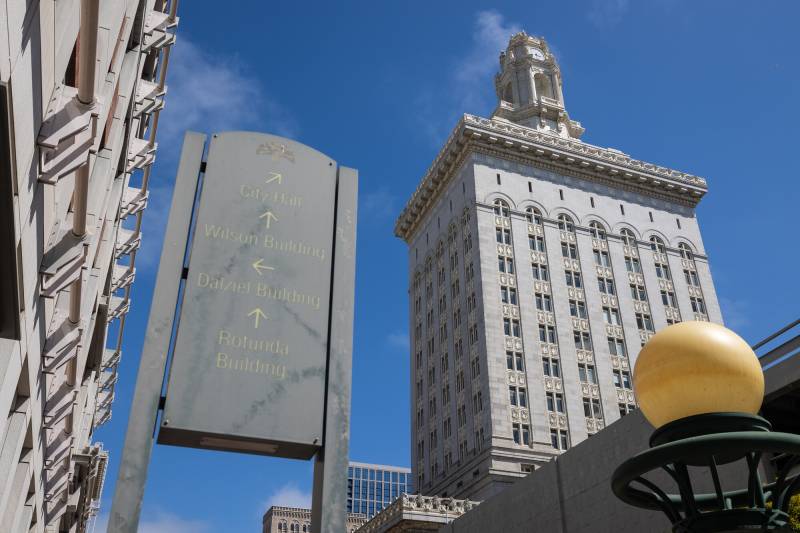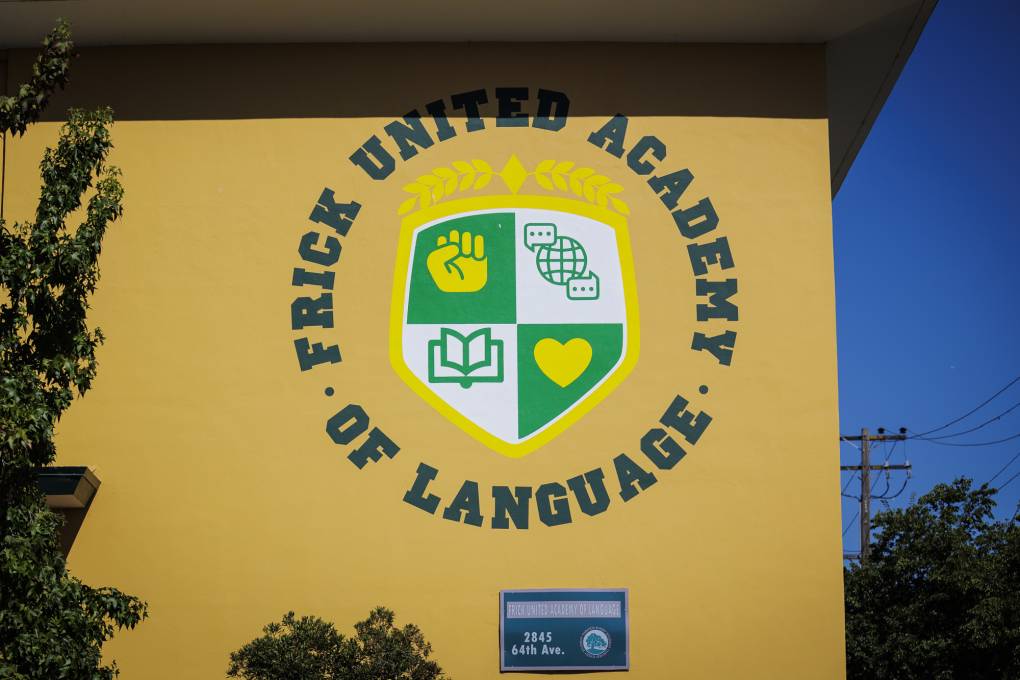Davis responded that the Alameda County superintendent called the special election, not the school board.
“Maybe that’s just semantics, but these are the details that matter in a legal dispute,” he said.
Oakland city officials claimed that OUSD already owed the city more than $1.5 million for its share of election costs in 2020 and 2022 — and that officials hadn’t realized it. In their complaint, filed in Alameda County Superior Court, they allege a “history of past payment” by OUSD and say “clear California law” requires school districts to pay their share of election costs for ballot measures related to OUSD.
But Davis said the past two general elections were called in compliance with the city’s charter.
“There’s cities like New York or Boston where board members are appointed in different ways by the city. But in Oakland, the choice of the city has been to have elections,” he said. “That’s why I believe it’s the city’s responsibility to organize those elections and pay for them through the county.”
Davis said he hopes the city will drop the lawsuit, but in the meantime, the school board will continue working with the city on other pressing issues — like high levels of lead contamination found in some schools’ water.
“There’s some areas where we actually need to collaborate,” Davis said. “And by getting involved in litigation, it just takes resources away from serving our kids.”
KQED’s Annelise Finney contributed to this report.

